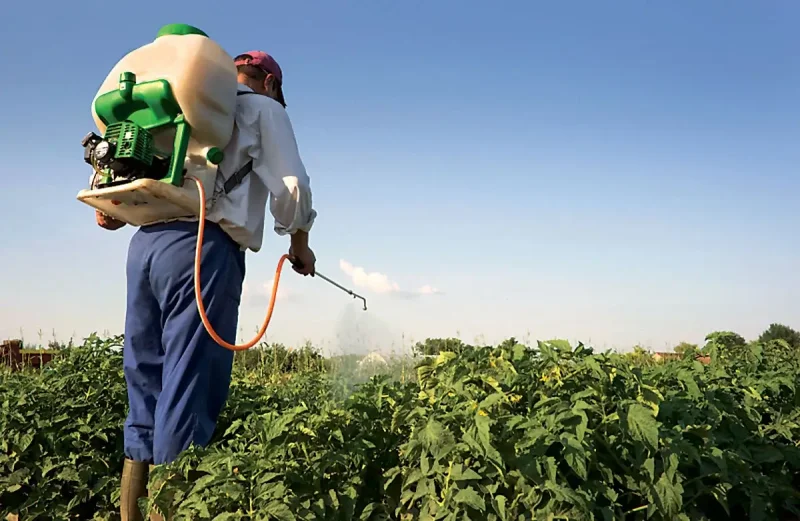[French Academy of Agriculture Member André Fougeroux:] Long confined to the agricultural environment, crop protection issues now have a societal dimension with legitimate questions about the potential effects on food quality, human health and the environment.
The answer is therefore not binary between all pesticides and zero pesticides. Prohibiting all pesticides amounts to considering that they bring only inconvenience and no benefit, which is incorrect. Progress has been made towards reducing use, the tonnage of products used in France has gone from 120,000 T in 1999 to 67,000 T, and Europe has gone from more than 800 active substances to about 400 today. This development is complemented by improvements in practice thanks to more targeted applications, lower intrinsic toxicity of products, the development of biocontrol, etc. This progress is a necessity so that European farmers can combine all the solutions at their disposal, including use of pesticides with caution and moderation to deal with pest damage, diseases or weeds that have not diminished. It is therefore a question of aiming for a 100% reduction in the potential impacts of pesticides rather than a 100% reduction in use.
[Editor’s note: This article has been translated from French and edited for clarity.]































